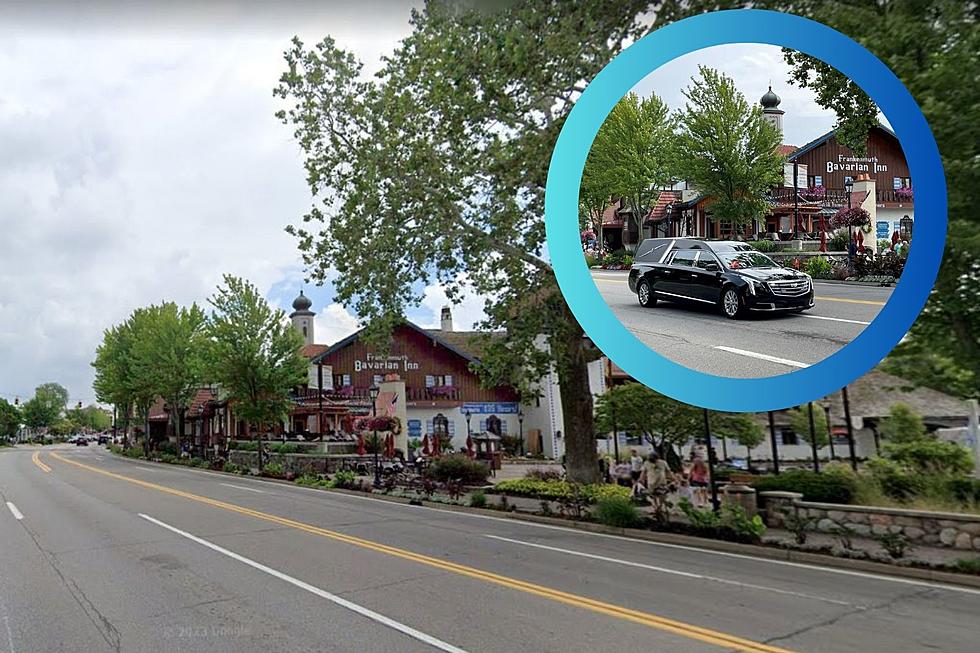
We Went to the Bear Ranch in Michigan’s UP And Got an Email from PETA
I mean, in all honesty, we're not surprised.
A couple of weeks ago, my son and I made a stop in Michigan's upper peninsula at Oswald's Bear Ranch in Newberry. The owners claim to have rescued animals on the property from different parts of the country.
The last time that PETA contacted us was in the summer of 2009 when we had Joe Exotic on our radio show in La Crosse, Wisconsin, ahead of his animal show at a local mall. We posted pics and videos of the baby tiger that he brought in our studio and their online team launched a social media attack on us, so much so that we deleted all remnants of Joe off of our pages.
Keep in mind that this was a full 11 years before Tiger King was released and also in the early days of Facebook and Twitter.
Now, PETA has contacted us (much more professionally this time, may I add) about our photo gallery from Oswald's Bear Ranch, so we thought we'd share it with you.
Dear AJ and Pat,
I'm writing on PETA's behalf regarding your recent coverage of Oswald's Bear Ranch. We wanted to send you some information about this facility that you might not be aware of and ask that you please incorporate it into your coverage in order to give your audience a full picture.
Dean Oswald is misleading your audience by claiming that "every bear" at the facility "is a rescue." Only two wild-born orphaned cubs are currently held there. Nearly 78 percent of the bears Oswald's has acquired in the last 20 years were captive-born cubs, likely bred to be used as photo props. Oswald's has also "harvested"—i.e. slaughtered—at least a half-dozen bears and has euthanized at least one other bear for being "mean." Oswald's told a Michigan Occupational Safety and Health Administration inspector that "a mean bear" should be "harvested, and made into jerky."
No reputable animal rescue or sanctuary would allow for any kind of hands-on interaction or direct human contact with wild animals, and that includes feeding and posing for photos with animals. Bear cub encounters can put the animals' developing immune systems at risk and can have lifelong physical and psychological consequences for them. Cubs at Oswald's have been spotted pacing, crying out, and chewing on cages in distress.
In addition, public feeding of wild animals, including black bears, causes stereotypical "begging" behaviors, such as what is described in your piece. The bears are prevented from behaving normally and engaging with their environment, where they would naturally roam long distances foraging for food.
PETA maintains extensive files on many animal exhibitors—particularly those in the U.S. that are licensed by the U.S. Department of Agriculture—and we'd be happy to provide you with information for a follow-up or future story on animal exhibitors now or at any time in the future. A PETA representative is always available to answer any questions that you might have.
Kind regards,
Sophia Charchuk
Media Officer
PETA
*********************
It definitely sounds like a lot of "he said, she said," and frankly, we don't know WHAT to believe, but we wanted to share their communication with you in terms of being transparent.

KEEP READING: See how animals around the world are responding to COVID-19
More From Cars 108









